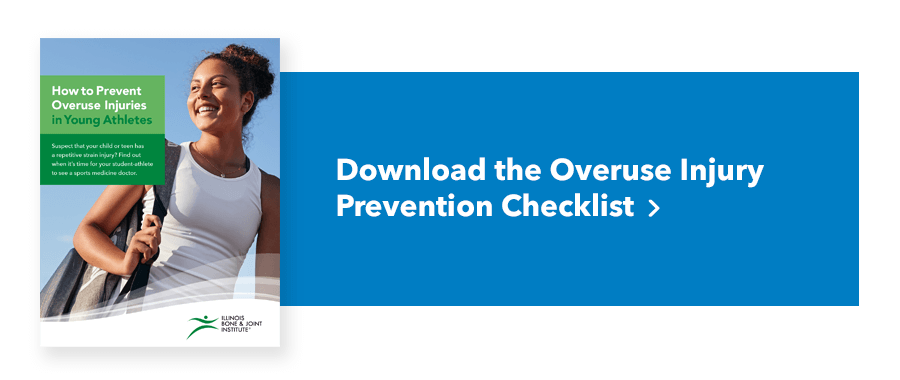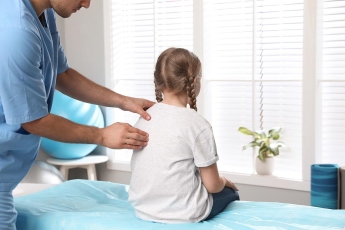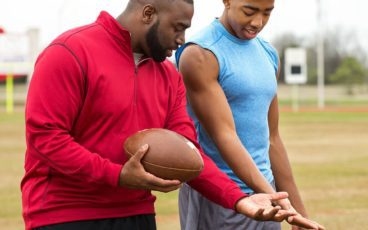Getting your children involved in sports early is a great way for them to learn leadership and other social skills, as well as learn the value of hard work. As a parent you want your children to be successful, healthy adults and that’s part of the reason that you enroll them in sporting activities as early as possible. However, in recent years, the increase in overall activity and intensity of training for young athletes has increased sports injuries.
Pediatric Sports Injuries on the Rise
The majority of pediatric sports injuries is the result of overuse. Children are starting earlier, playing multiple sports and training harder, but are getting less rest. Children are especially vulnerable as they are growing and cannot handle the same amount of stress as an adult athlete. Many of the injuries are unnecessary and can be prevented.
What Type of Injuries?
The injuries that are caused as a result of overuse are directly related to the sport and the area of the body being stressed. Basketball and soccer players commonly injure their knees as a result of the running and jumping and baseball players may have injuries to the shoulder or elbow area from repetitive throwing motions.
The Best Way to Prevent Injuries
The good news is preventing overuse injuries is very simple. The best way to prevent an overuse injury is to make sure your child gets the proper rest. The micro-trauma damage is caused by repetitive stress and if the body is not allowed time to recuperate and heal – eventually the body will break down and the potential for injury increases. This means that taking a few weeks or months off after a season may be essential while your children are going through growth spurts.
What to Do Now?
How active is your child? Does he or she go from season to the season without any rest, or training year around? One of the best things you can do is to just be aware and pay attention to your kids’ activity level. If there isn’t a period of rest, you may want to consider implementing a rest period. If you have questions about specific rest periods or time frames, speaking with your child’s orthopedic physician may be beneficial. Educating yourself and your child is critical. There are many workshops and informational guides available on the internet, but simply making regular appointments and checkups is a great place to start.
If you have any questions, find an IBJI pediatric physician nearest you and make sure your child is getting the proper care.
*This content is for information only and is not intended to replace the diagnosis, treatment, or medical advice from your treating healthcare professionals. The content does not provide medical advice, does not constitute the practice of medicine or other healthcare professional services, and does not create a doctor-patient relationship. You should not rely on this information as a substitute, nor does it replace professional medical advice, diagnosis, or treatment. If you have concerns or questions, seek the advice of your healthcare professionals. If you think you may have a medical emergency, call your doctor or 911 immediately. Do not rely on electronic communications or communicate through this website for immediate, urgent medical needs. This website is not designed to facilitate medical emergencies. The use of the information is at the reader’s own risk. The links are provided for information and convenience only. We cannot accept responsibility for the sites linked or the information found here. A link does not imply an endorsement of a site.





